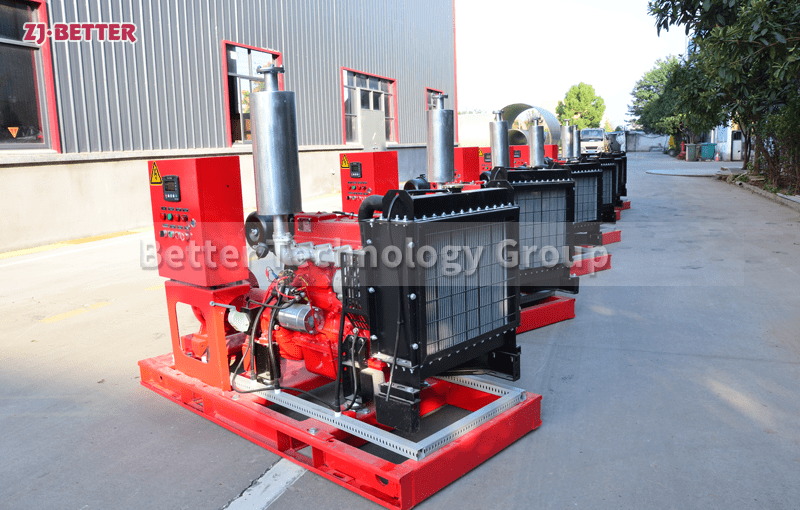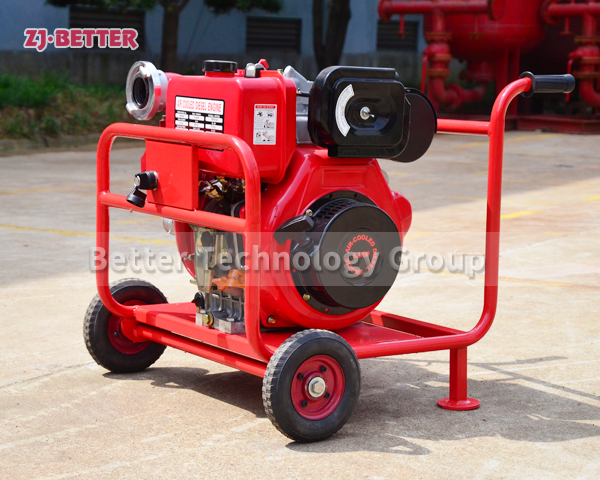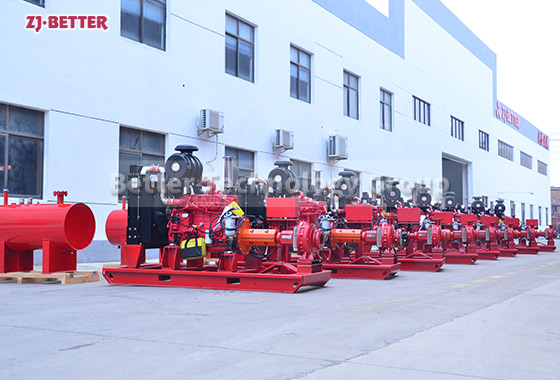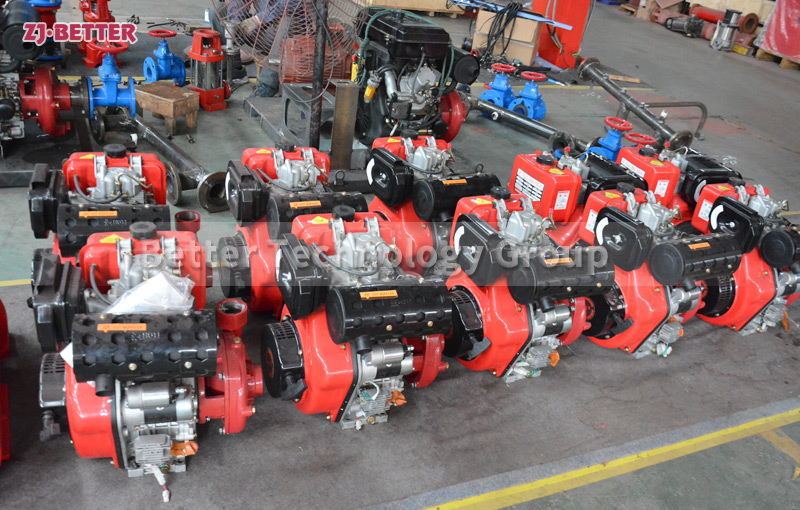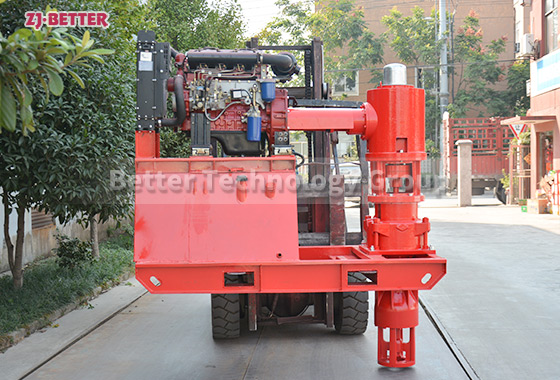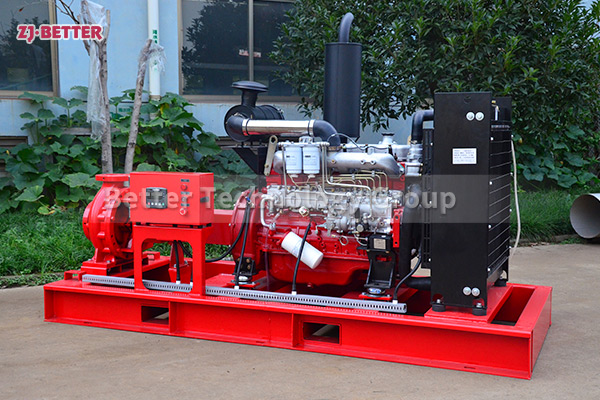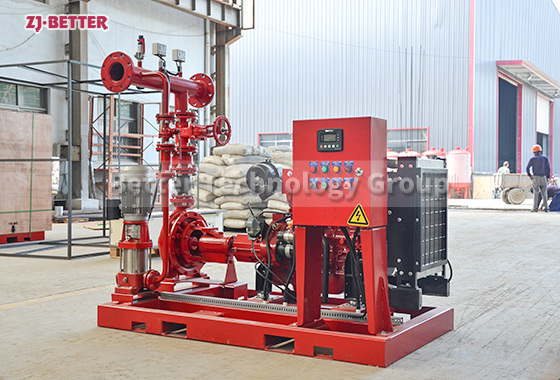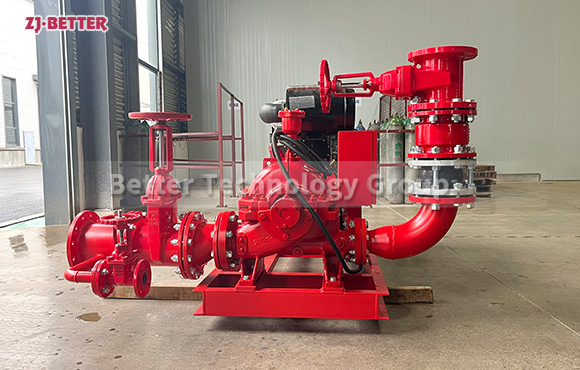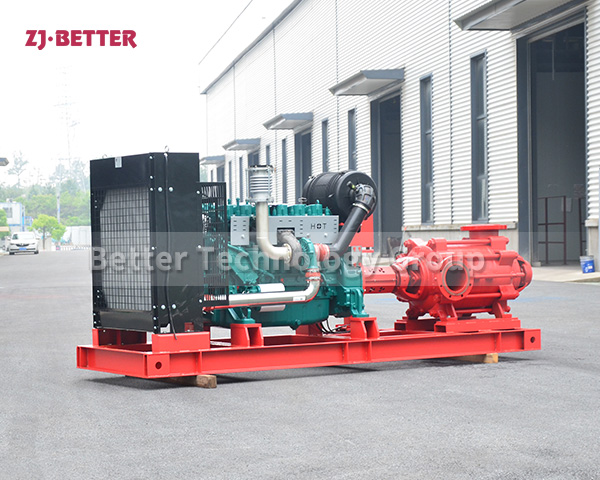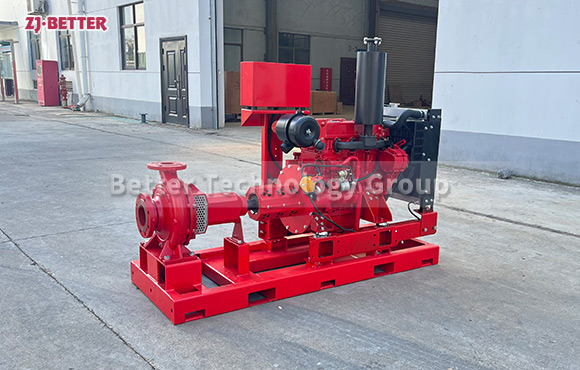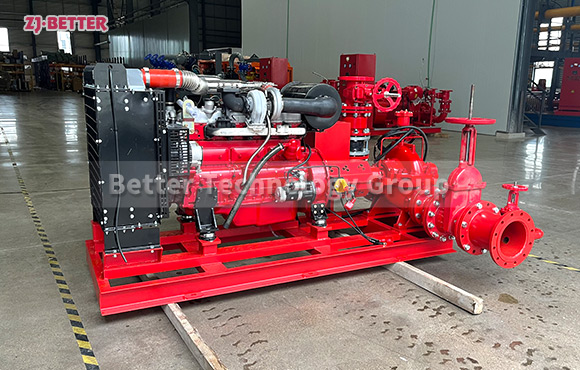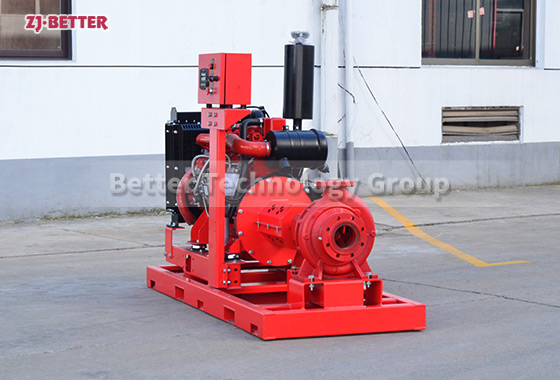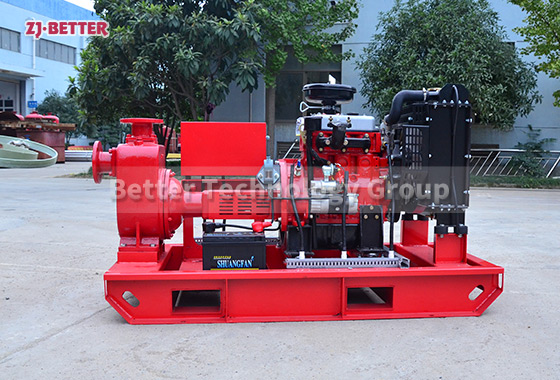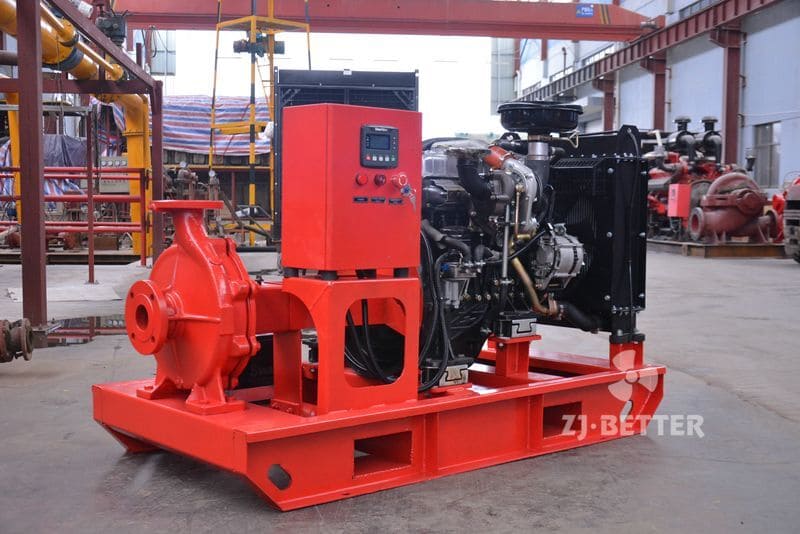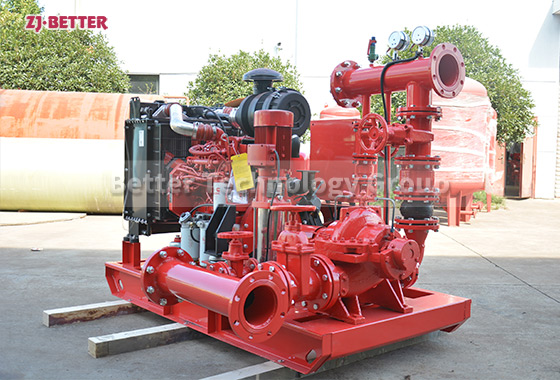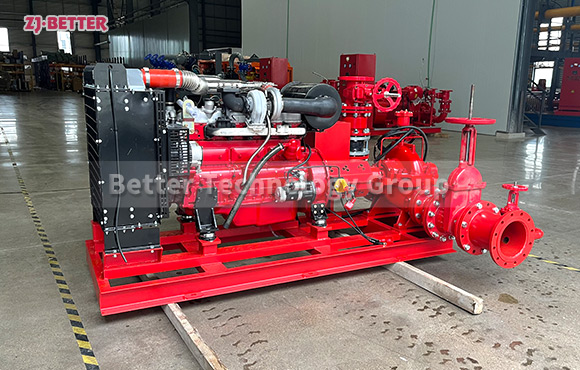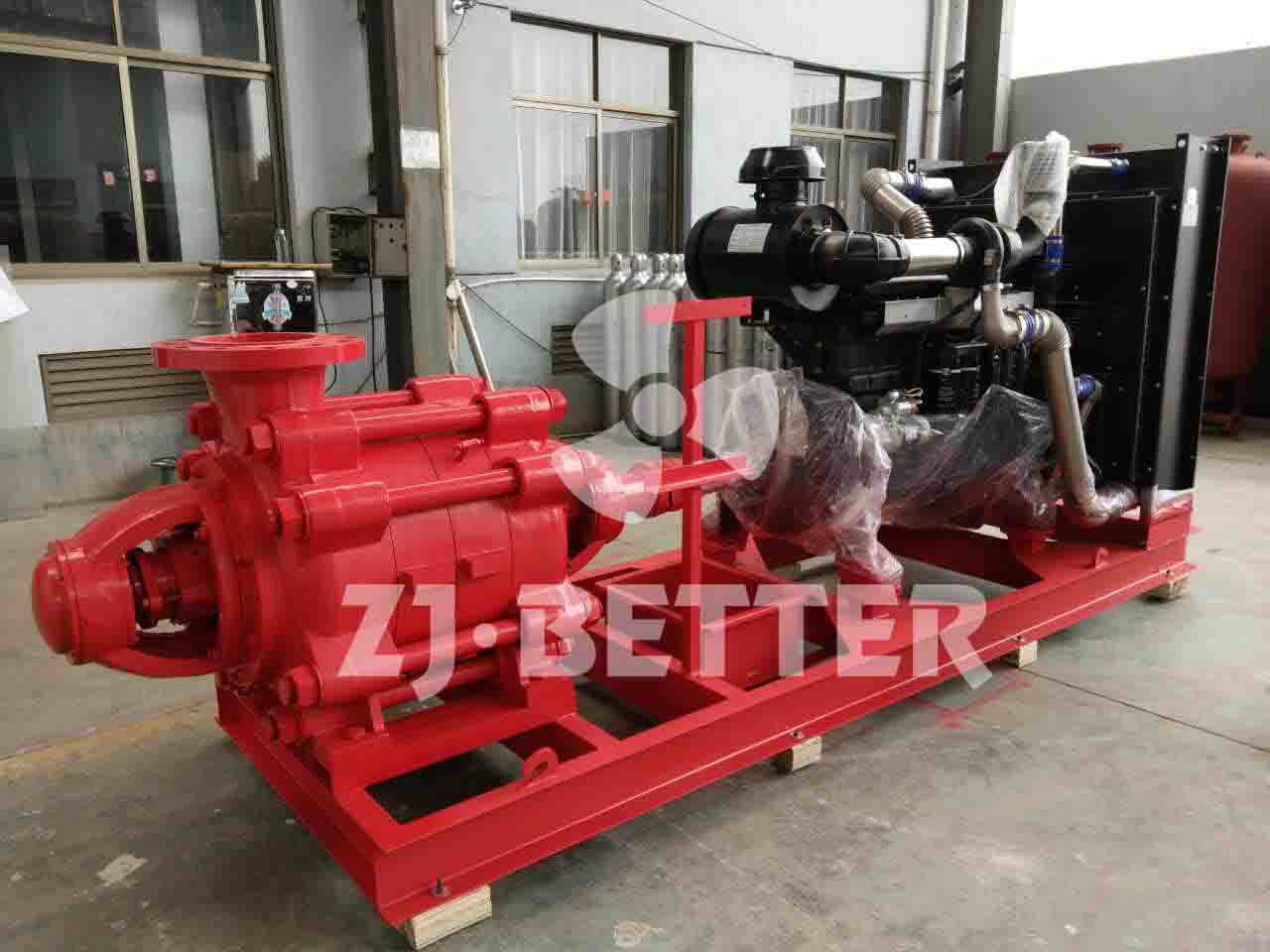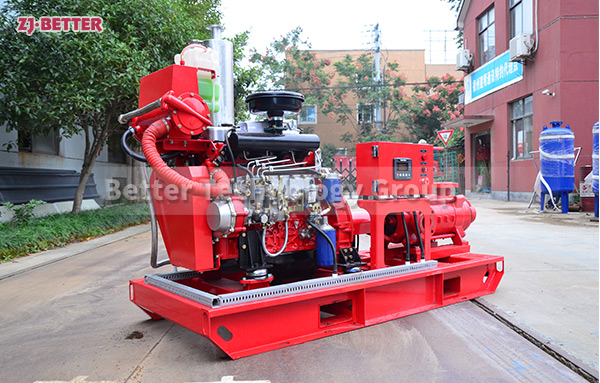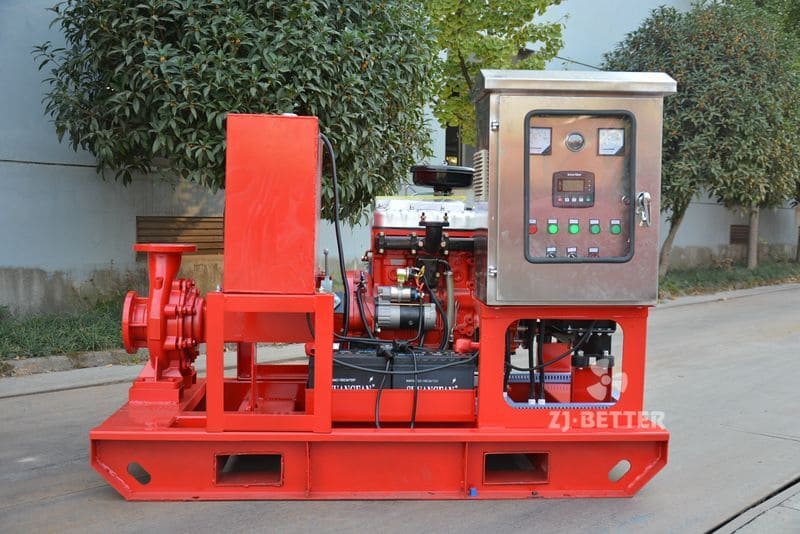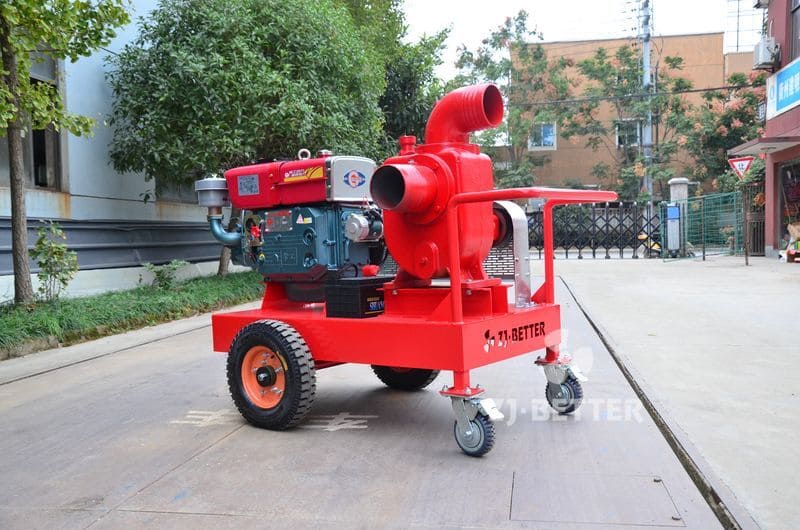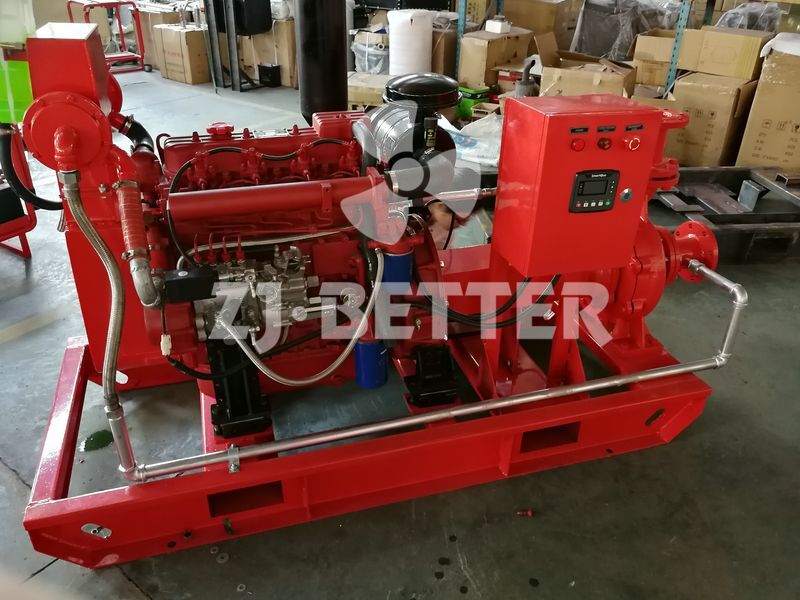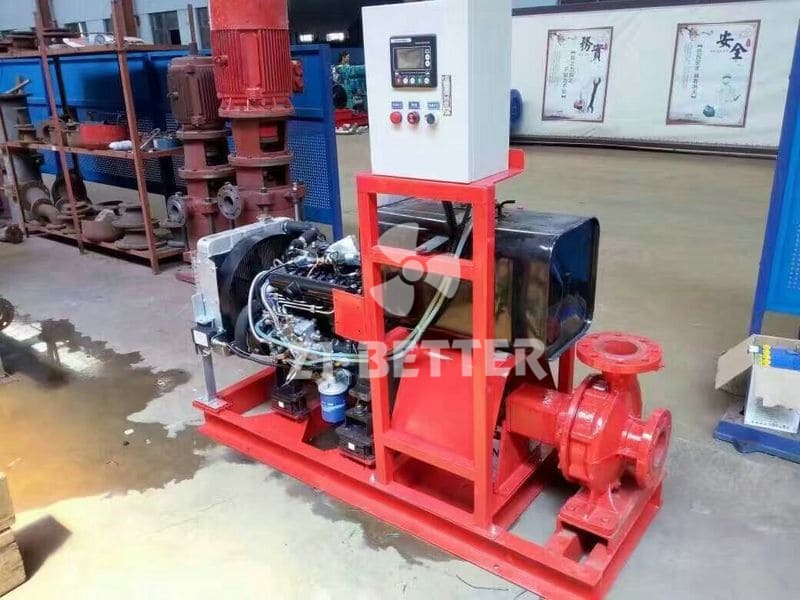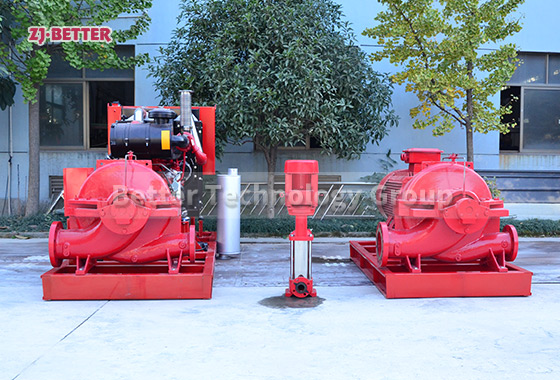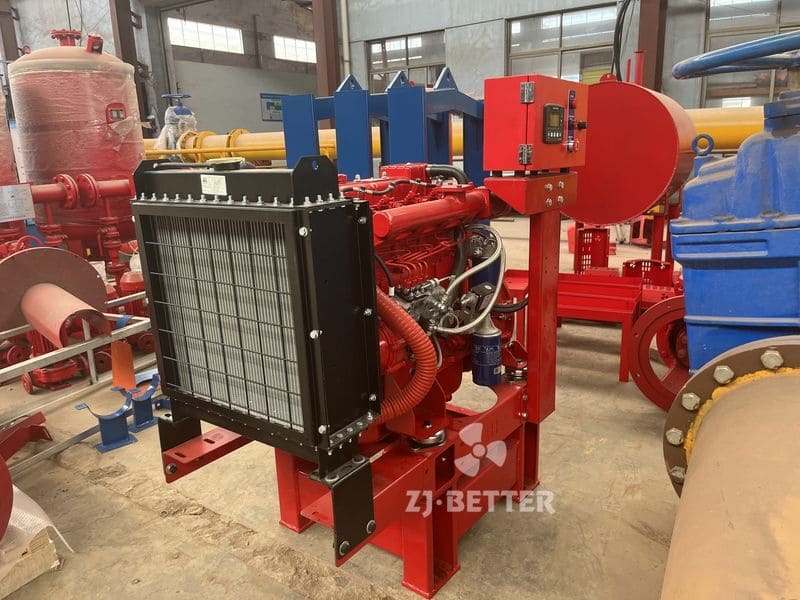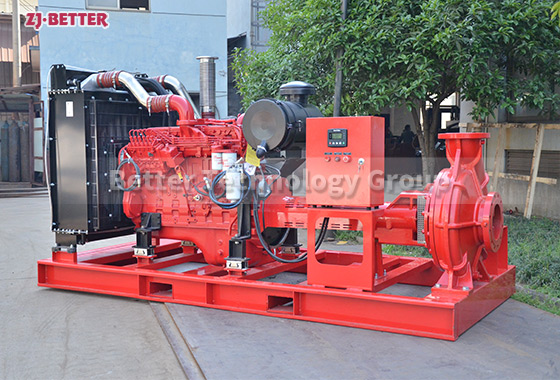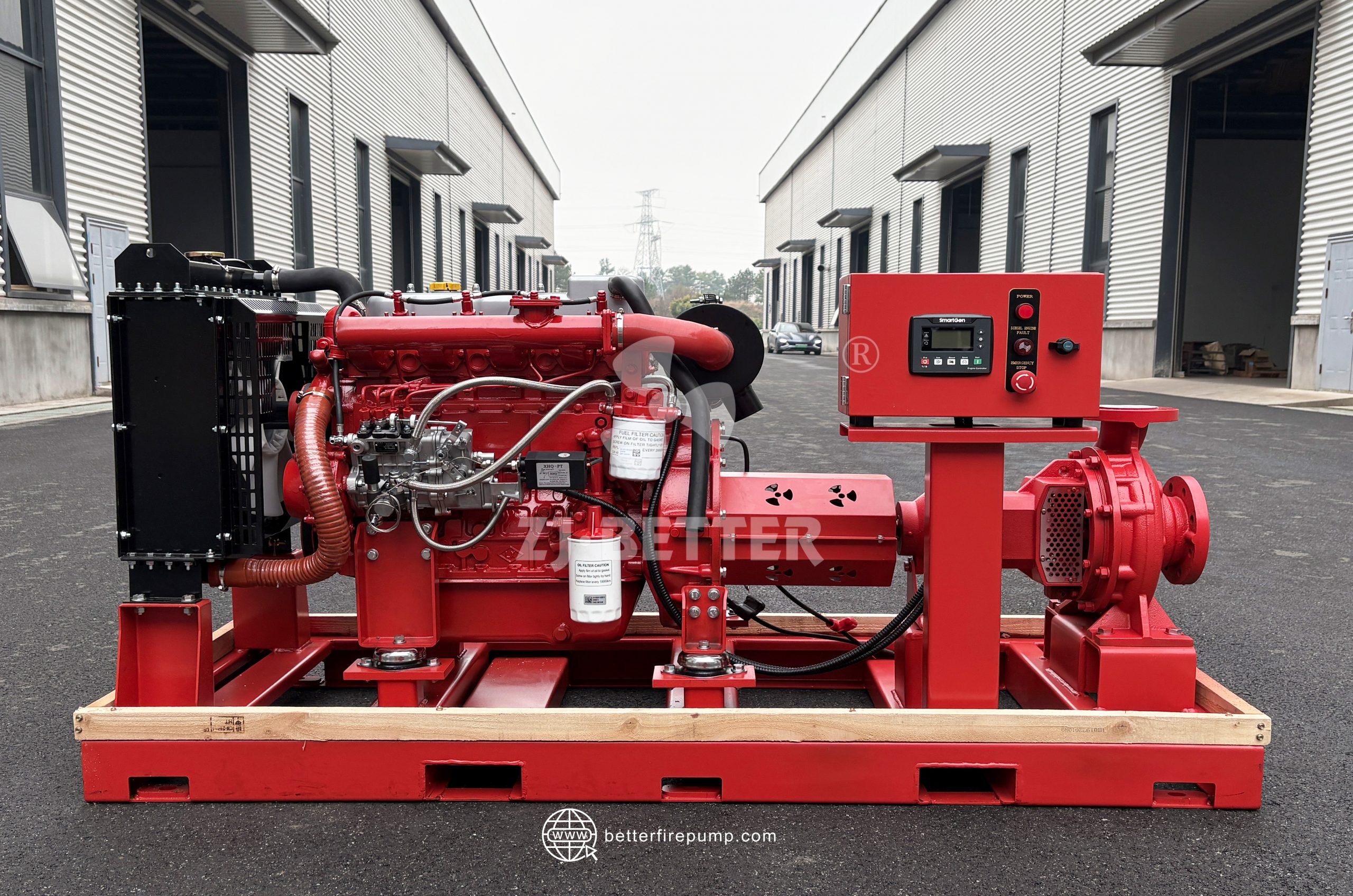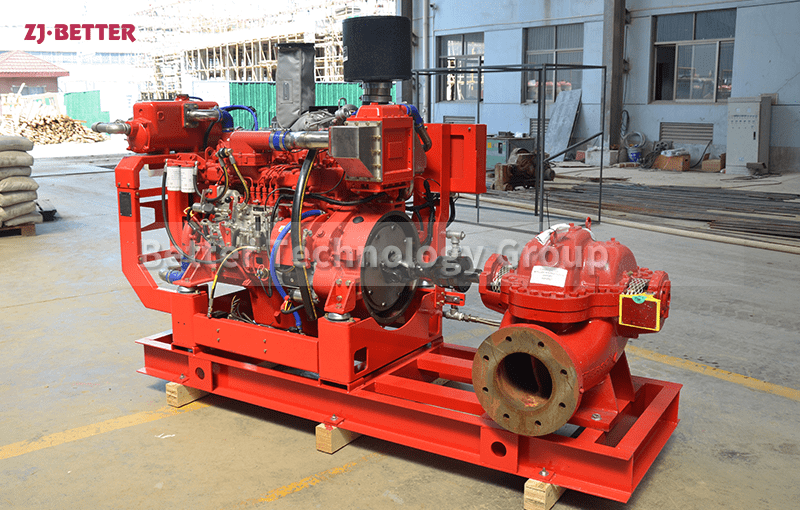Daily use of diesel engine fire pump
Diesel engine fire pumps are relatively common in life, and their performance requirements are relatively high. In normal use, more attention must be paid to maintenance to prolong the service life of the pump. Because diesel fire pumps are not omnipotent, there will be some problems in daily use, so when choosing equipment, we must pay attention to whether the quality of the equipment has reached the national standard. As fire equipment, all kinds of equipment must be Ensure performance, avoid affecting use in disasters and delay rescue.
Diesel engine fire pumps have been widely used as fixed fire extinguishing equipment for fire diversion, especially in the case of sudden fire water supply such as lack of power supply or abnormal power supply. , fire pump, connection device, fuel tank, radiator, battery pack, intelligent automatic control screen, etc. Diesel engine fire pump products have the characteristics of leading technology, high degree of automation, excellent performance protection function, reasonable structure, simple installation and high cost performance. At the same time, in order to meet the different needs of users and reasonable investment, the products are divided into multiple application series such as fire pumps, industrial emergency pumps, agricultural pumps, marine pumps, and trailer-type mobile water pump stations. It can be used together with electric fire pumps.

